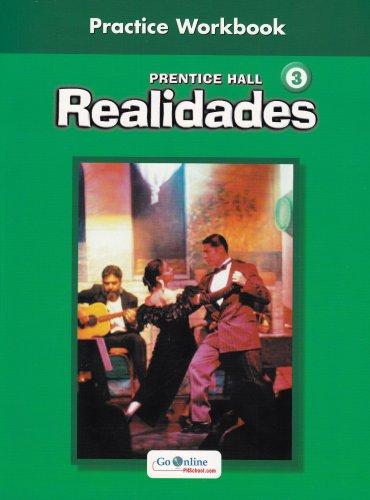
All Solutions
Page 137: 10-5
Discutidas
Note that the past participle is an adjective and agrees in number and gender with the subject. (f., plural)
Fueron + discutidas
Las responsabilidades del gobierno fueron discutidas en los periódicos./ The responsibilities of the government were discussed in the newspapers.
Promovidos
Note that the past participle is an adjective and agrees in number and gender with the subject. (m., plural)
Fueron +promovidos
Varios programas de salud fueron promovidos por las enfermeras de la ciudad./ Various health programs were promoted by city nurses.
leído
Note that the past participle is an adjective and agrees in number and gender with the subject. (m., singular)
Fue+ leído
Un discurso fue leído por el presidente del país./ A speech was read by the president of the country.
tratados
Note that the past participle is an adjective and agrees in number and gender with the subject. (m., plural)
Fueron+ tratados
Varios temas fueron tratados en el discurso./ Various topics were covered in the speech.
abierta
Note that the past participle is an adjective and agrees in number and gender with the subject. (f., singular)
Fue+ abierta
Una nueva tienda de deportes fue abierta en el centro./ A new sports store was opened downtown.
entrevistados
Note that the past participle is an adjective and agrees in number and gender with the subject. (m., plural)
Fueron+ entrevistados
Muchos clientes fueron entrevistados por los reporteros./ Many clients were interviewed by reporters.
escuchadas
Note that the past participle is an adjective and agrees in number and gender with the subject. (f., plural)
fueron+ escuchadas
Las opiniones de los clientes fueron escuchadas por el público.
resuelto
Note that the past participle is an adjective and agrees in number and gender with the subject. (m., singular)
Fue+ resuelto
El problema de la contaminación del río fue resuelto por un grupo de estudiantes./ The river pollution problem was solved by a group of students.
organizada
Note that the past participle is an adjective and agrees in number and gender with the subject. (f., singular)
Fue+ organizada
Una campaña de limpieza fue organizada por ellos./ A cleaning campaign was organized by them.

